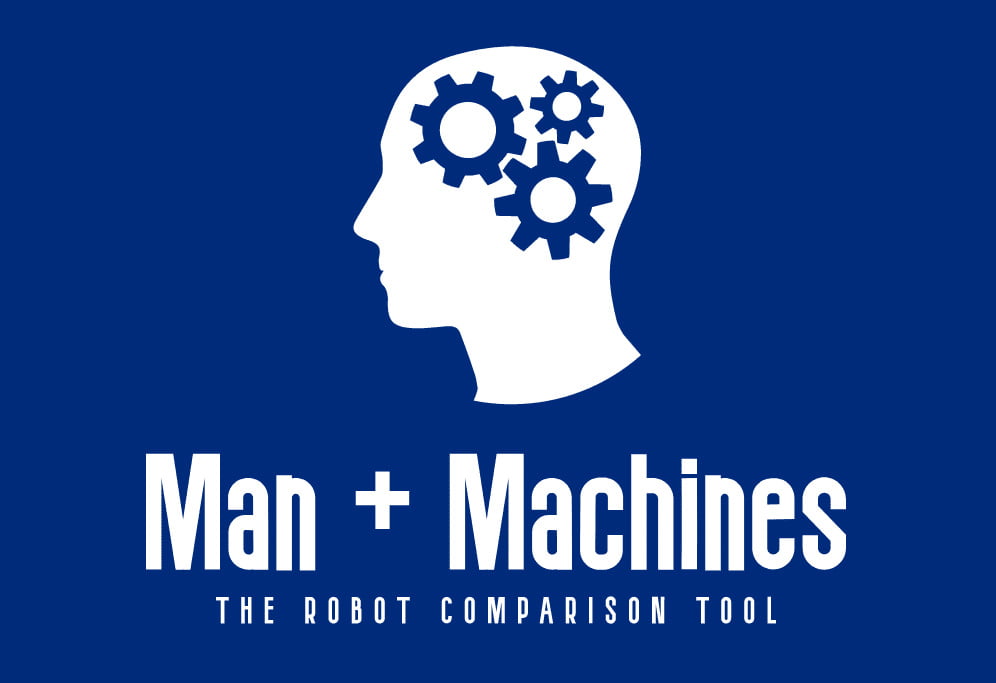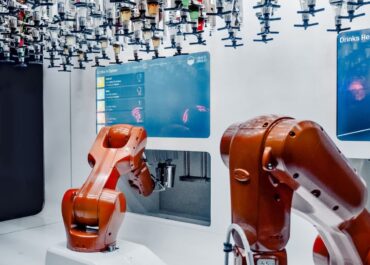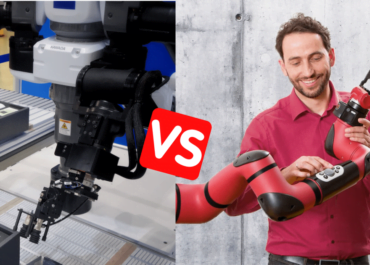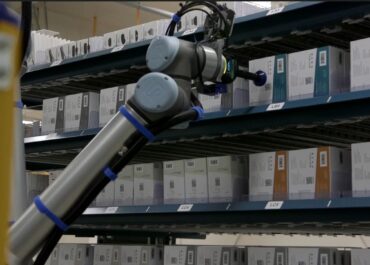Computers are seizing human cognitive abilities, but they won’t replace all human jobs.
Reaching a common agreement, taking care of other people, or triggering emotions are all very human ways to communicate and interact. In this sense, it’s not that these tasks have little chance of being replaced, it is that we need them precisely for their human presence. As, for many more years to come, a robot won’t ever have the same reassuring, human-like presence, some jobs will definitely stand the test of time.
Here are the purely human job that will most probably thrive in the future robot-dominated societies and economies.
Exception-based Tasks
Faced with certain tasks or situations, humans and machines do not show the same ease in thinking and processing information.
On the one hand, machine-learning algorithms are very good at handling regular predictive tasks with a lot of data. They are much better than humans at spotting and unraveling correlations unnoticed even by subject-matter experts. For example, the algorithms that banks use to grant or deny loans have learned to spot factors often overlooked by human eyes (such as the fact that borrowers who seek money on Wednesdays are more likely to repay). They thus have improved the performance of lending systems far better than analysts’ calculations ever could.
But, on the other hand, in unusual and novel situations, these machines can get easily lost as they don’t have enough past data to rely on. They would be confused by a borrower seeking to invest in space hardware and launching his own satellites.
Whereas, in such cases, humans stand out for their ability to use their judgment to favor one option over another, however unexpected the situation might be. They can call upon a very wide range of experience, knowledge and different horizons to analyze new situations. By analogy, they can face all circumstances with relative agility to find a satisfactory solution (satisficing).
This is why banks will always need employees with good judgment and expertise. They can take over when the algorithm faces exceptional cases, and use their common sense which the machine lacks.
Strategic Thinking Jobs

Humans and machines do not have the same ability to make decisions.
Machines can only calculate the probabilities and expected outcomes of the choices they assess. They can only provide possible scenarios, without being able to decide between a riskier option that promises a better reward, and a less risky option with a smaller reward. Conversely, humans are naturally good at figuring the future benefits and risks of their actions. By conceiving worst and best-case scenarios for themselves and their organization, they can strategically weigh the pros and cons, while knowing that they never make a perfect choice.
A telling example of this difference can be seen in the machines that spot credit card transaction frauds. The predictions made by the machines only tell the odds of the situation (this transaction has a 70% chance of being fraudulent. To make and balance the decision, they need therefore a reward function of all contingencies (bothering the credit card holder by blocking his transaction vs. avoiding fraud attempts).
A bank might for example consider for example more harmful to bother the user and therefore lower the minimum risk to 30% chance. This decision is left to the management, who can change this function according to the new preferences and strategy implemented by the company (value more or less the customer experience or the risk of fraud).
Preference-explainer Work
If machines have become very skilled at predicting human content preferences, they still have a hard time predicting human behavior in generalized environments. Computers find it difficult to handle users’ variable and changing attitudes and personalities, which makes data hard to fully grasp. On top of that, consumers are always reluctant to deliver all their personal data about their preferences and needs. Thus, machines don’t have the necessary information to understand what users want from their service and why they want it and to maximize their value.
For example, some Waze users don’t necessarily want to save time on their journey, but also simply to find the nearest gas station or save fuel. The algorithm does not know necessarily it in advance, which makes the delivery less satisfying for them. Personal services require human insights that know the usual and unusual desires of the users. So employees will always be needed who can interpret patterns of behavior that the algorithm cannot decipher. They can also be used to feed and train the machines to recognize human behaviors (such as when and why they opt for strawberry ice cream instead of the chocolate one).
Human-Touched and Compassionate Jobs
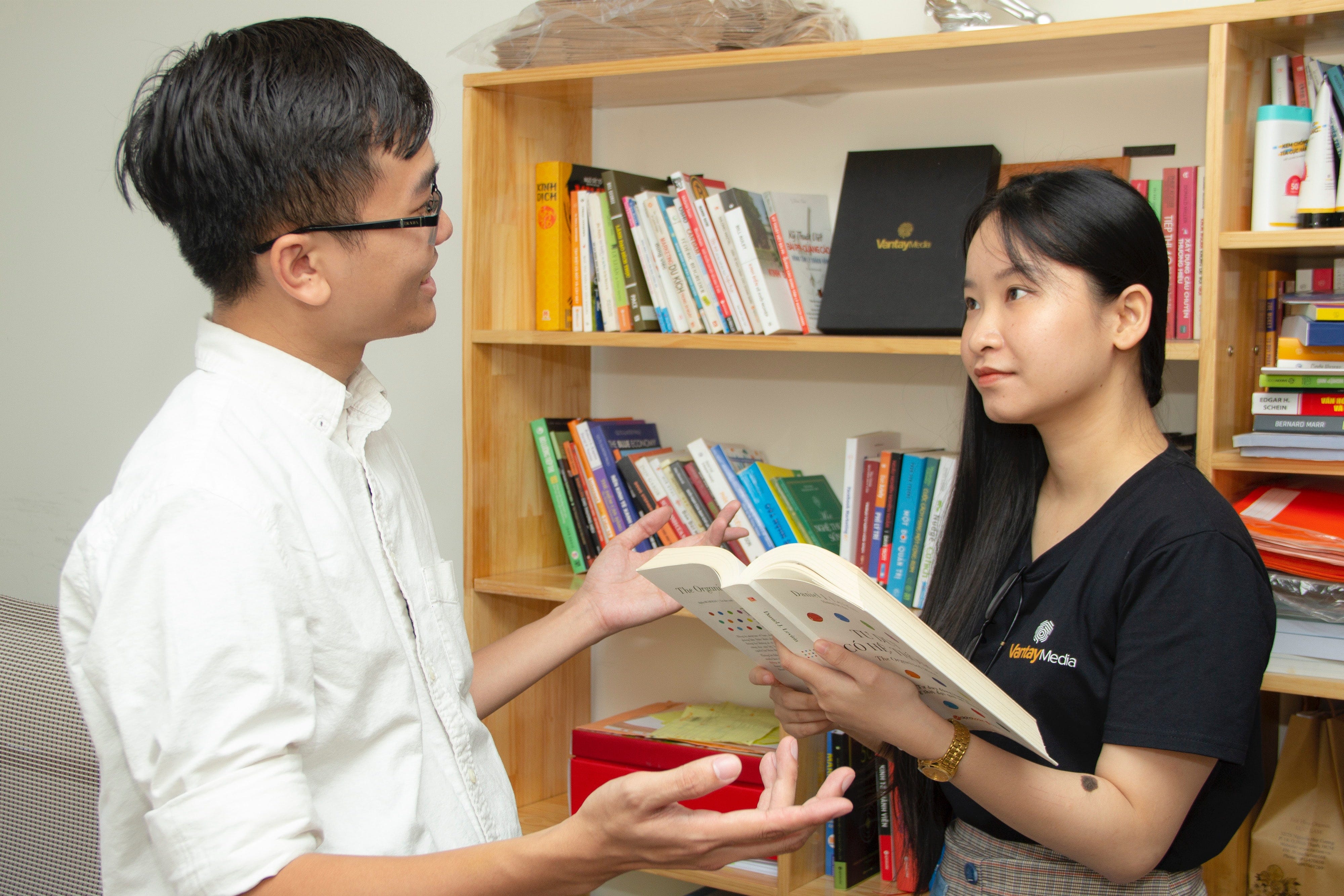
If there is one field that will remain inaccessible to machines for a long time, it is that of emotions. Old people are left with artificial devices, but all they think about is calling the customer service, not just to get information but to talk and feel connected. And they are not alone.Because of their silicon and binary constitution far from human physiology, computers find it hard to learn to understand and communicate feelings, even if they simulate them accurately enough. Moreover, with effects like the Uncanny Valley, designers face resistance when seeking to create human-like robots. Humans have an aversion to things that fake humans, and largely prefer to connect with a human gaze. It’s all about authenticity.
For example, one of the jobs most threatened by automation is school bus driver. Autonomous vehicles will be able to drive people or deliver goods safely without the help of human employees. Yet, by leaving his place to the machine, the driver is given even more important and meaningful tasks. School bus will need even more responsible adults that can supervise children, ensure their safety, and at the same time instruct and entertain them.
Likewise, a lawyer helped by solutions to classify and analyze evidence related to his cases will have much more time to reassure and connect with his clients. He will learn to show emotional intelligence, like a nurse, a coach, or a psychologist. And this is hard to replace, since being human is precisely what delivers the full depth of experience and emotional connection.
In short, as machines are based on different cognitive, physical and psychological systems, they will undoubtedly leave us with a lot of human skills to invest on. And let’s not forget our everlasting creativity, that we’ll lead us to imagine and design new kind of jobs no longer based on economic motivations.
